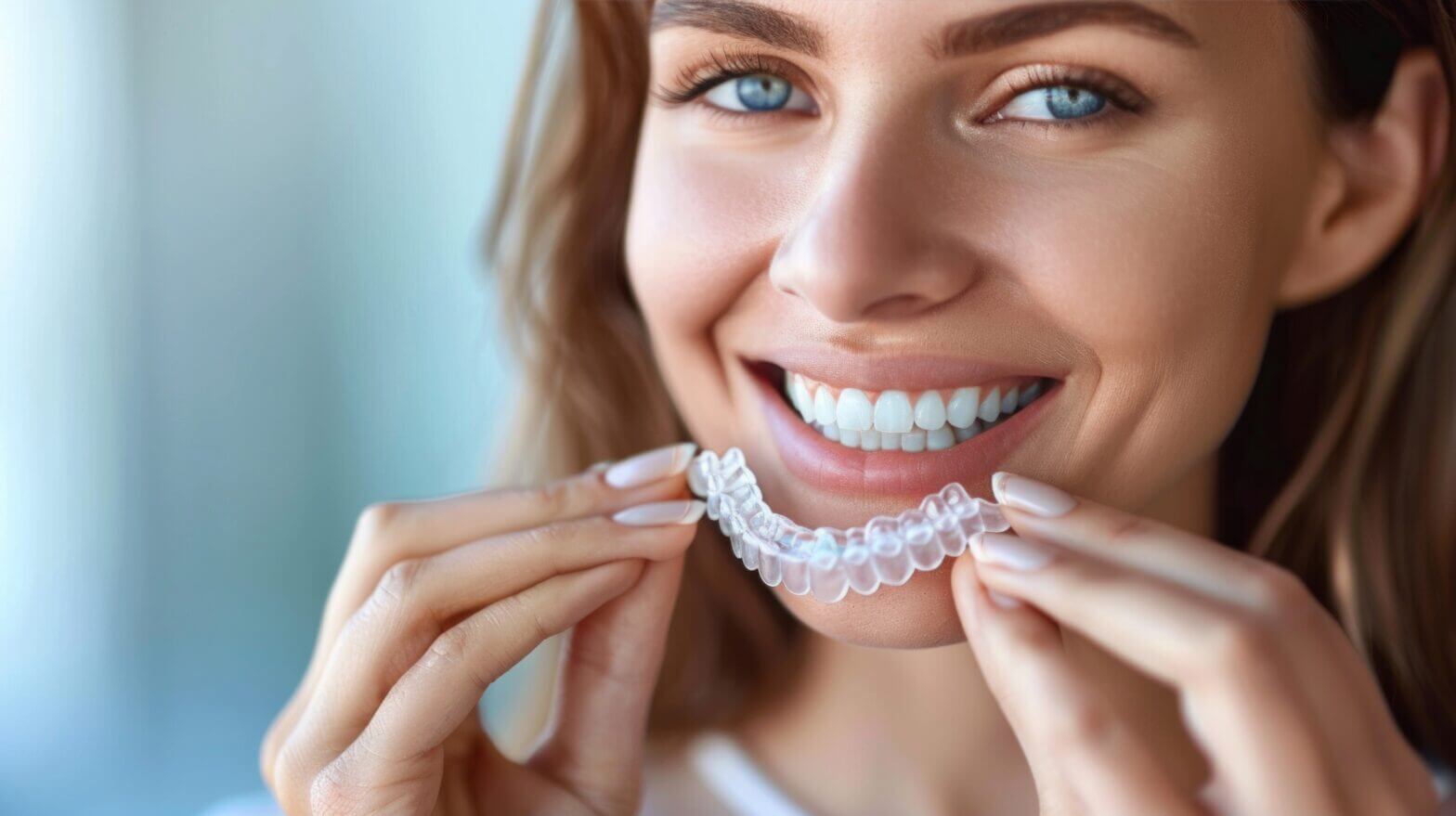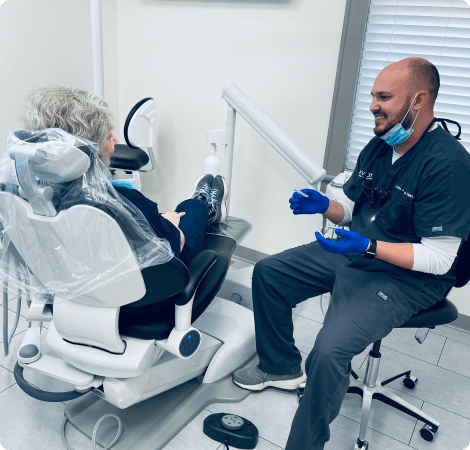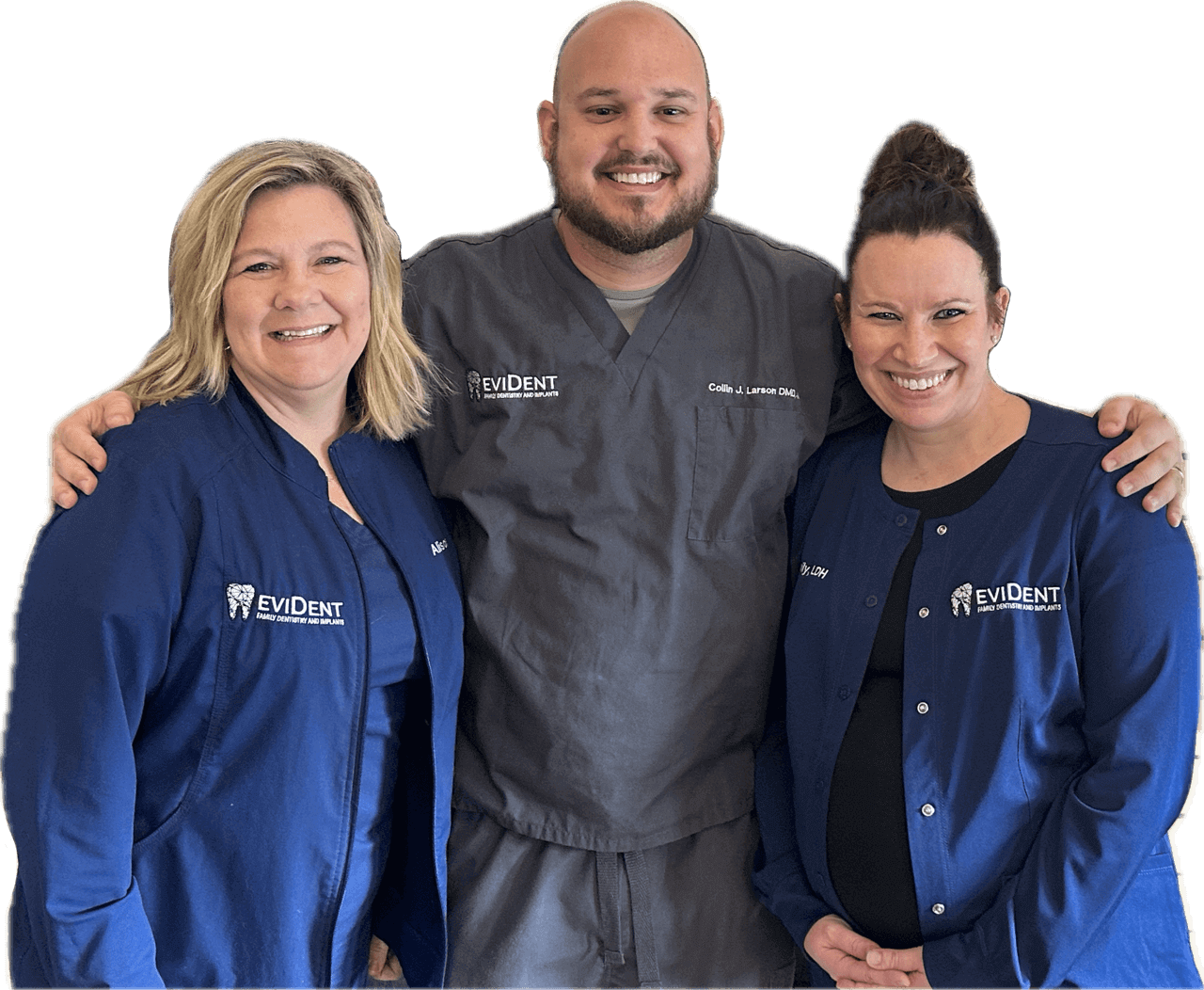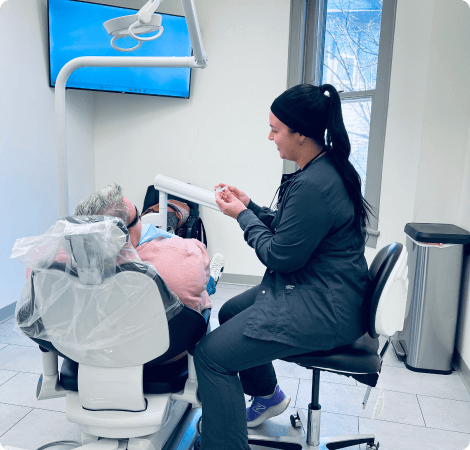Evaluating the Health Benefits of Cosmetic Dentistry

Two things usually come to mind when hearing or coming across the term “cosmetic.” The first is that it’s concerned with improving one’s appearance. As such, cosmetic dentistry is concerned with enhancing the appearance of teeth—nothing too complicated.
The second, depending on where you stand, is that it’s either essential or optional. Beauty products have varying degrees of necessity, and experts agree that you don’t need a closet full of them to maintain a glowing, healthy look. The debate, however, extends to cosmetic dentistry; for instance, teeth aren’t naturally white, so why undergo teeth whitening?
But here’s the thing: if we’re talking about contribution to a person’s overall health, then cosmetic dentistry for New Albany patients is just as important as general dentistry. All it takes to understand this is changing how we define the term “health” because it isn’t always the physical that matters the most.
The Meaning of Health
Nowhere is the meaning of health clearer than in the preamble of the Constitution of the World Health Organization (WHO). It states that:
“Health is a state of complete physical, mental and social well-being and not merely the absence of disease or infirmity.”
Despite holding such a definition for almost 80 years (the WHO Constitution was created in 1946), it remains relevant in modern healthcare. To put it simply, a healthy person isn’t just well in the body—as in not suffering from disease—but also in the mind and relationships. A healthy person is content with the state of their self.
The definition has earned some criticism, namely on the term “complete,” because critics think it requires achieving perfection. However, as Thomas Schramme, professor of philosophy at the University of Liverpool, argues, “complete” leans more on being holistic or enjoying a positive state on all three aspects of health.
It may seem somewhat irrelevant, but understanding the meaning of health is important in the context of cosmetic dentistry. While its primary role isn’t to treat problems like dental caries and gum disease, it can deal with the after-effects like visible tooth damage.
Going back to the teeth whitening example from earlier, whether or not teeth are naturally white is a moot point. If cosmetic dental procedures can make people confident about smiling again, it’s as helpful to overall oral health as, say, oral cleaning.
Preventing Caries with Teeth Alignment
Crooked teeth or misshapen teeth give bacteria and particles many hard-to-reach places where they can be free to cause tooth decay. Proper teeth alignment can mitigate that risk.
Several alignment methods exist in the market today. At EviDent, we employ clear aligners (also known as invisible braces) to resolve problems such as teeth spacing, crowding, and over/underbites. Here’s a rundown of their pros and cons.
| Pros | Cons |
|---|---|
|
|
Dental Implants Offer a Second Chance
Once an adult tooth is taken out, whether extracted by the dentist or as a result of physical trauma, no new one will grow in its place. There’ll only be a gaping hole between the teeth that are left, which makes them prone to dental problems and affects one’s quality of life.
Thanks to dental implants, gaps left by missing adult teeth can have a second lease on life. They might not have the same feel as natural teeth, but they’re ideal for filling in for missing ones and having a full set of teeth again. Without the gaps, the risk of problems like dental caries and misalignment can be greatly reduced.
| Pros | Cons |
|---|---|
|
|
Nutrition and Teeth: A Mutual Relationship

Without a full set of teeth, a person’s diet will be severely restricted. This limits the amount and kind of nutrients the body can absorb, which can affect the development and function of the teeth and gums. The bone structure weakens, causing more teeth to loosen and fall inevitably, further restricting the person’s diet.
Long story short, it’s a vicious cycle.
The American Dental Association stresses that diet is a key factor in a person’s overall health. But even if one follows a well-rounded diet, teeth and gums weakened by poor oral hygiene can make eating healthy meals a chore. This vicious cycle needs to be broken somewhere, and cosmetic dentistry can help in that respect.
We’ve already explained how clear aligners and dental implants bring benefits to teeth in their own way. In terms of nutrition, without the help of these implements:
- No clear aligners: Teeth remain crooked, which can negatively impact chewing and, to an extent, the digestive process. If the teeth can’t break down food into small enough pieces, the rest of the steps will have a hard time deriving nutrients.
- No dental implants: A person might lose their only chance of nurturing their teeth and gums to better oral health. By the time they finally decide to get the implants, the bone may have receded to the point that it can’t support them reliably anymore.
Conclusion
We hope that we’ve convinced you that cosmetic dentistry fosters dental health as much as general dentistry and is, therefore, just as important. A full set of teeth can be a source of pride for many people, and they’ll do anything to keep it, even if it means getting artificial teeth or wearing aligners for years. For them, that’s what it means to be healthy.






